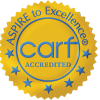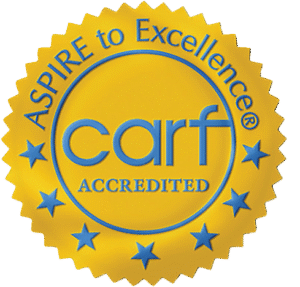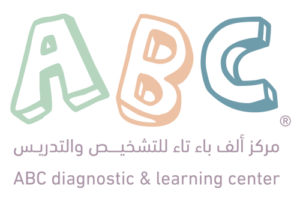Children are developing at different levels. However, some children develop on a quick basis, unlike other children who may delay in acquiring and learning skills. If you suspect that your child has a problem in the process of development. Visit the health care provider to check your child’s normal developmental growth. The earlier you ask for help, the better for your child’s future. Early intervention is mainly for kids ages more than 3 years old. In some countries, early intervention might include the child until they turn age 5.
What is early intervention?
It is a term given to the services and supports available to babies and young children with developmental delays and disabilities, as well as their families. More importantly, speech, physical therapy and other types of services may be provided depending on the child and family needs. Early intervention has a significant impact on the child’s ability to learn new skills and overcome challenges, as well as increase academic and life success.
Practitioners, care providers, and families play an important role in the early intervention team. They are working on developing the following skills:
- Communication skills such as speaking, comprehension, and employing gesturing.
- Cognitive skills including thinking, problem and learning.
- Social skills like playing and making new friends.
- Adaptive or motor skills such as eating, brushing teeth and dressing.
- Physical and sensory skills such as seeing, hearing and crawling.
How to figure out that your child needs an early intervention?
Parents should notice their children at the first stage of their development. The early intervention comes after an evaluation of your kid’s skills and abilities. If the doctor is unsure about your child’s development, you should ask to reach your doctor or consult your doctor if your child is not:
- Crawling by 10 months.
- Pointing, waving, or imitating gestures by 12 months.
- Walking by 18 months.
- Manipulating ring stacks, nesting cups, and form boards by 18 months.
- Saying and understanding at least 50 words by 24 months.
How long do early intervention services last?
Early intervention services usually last until a child turns 3, the practitioner holds a transition meeting to discuss moving from early intervention services to special education services.
The early intervention staff and the child’s family will discuss the transition before a few months of the child’s third year. Then, If the child is eligible for early intervention, a member of the local school district will work with the family to set up preschool special education services.
If your child has a delay in the developmental process, you can visit ABC Diagnostic and Learning Center, for further information about academic intervention and speech therapy, you can also book an appointment for further information via counseling.









